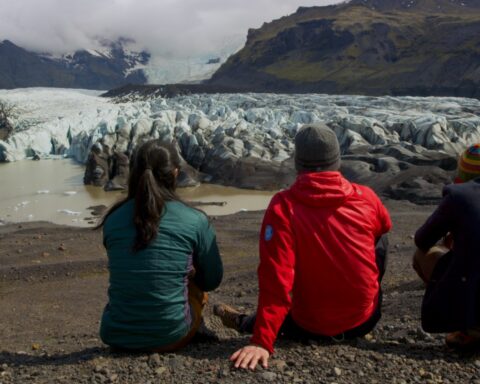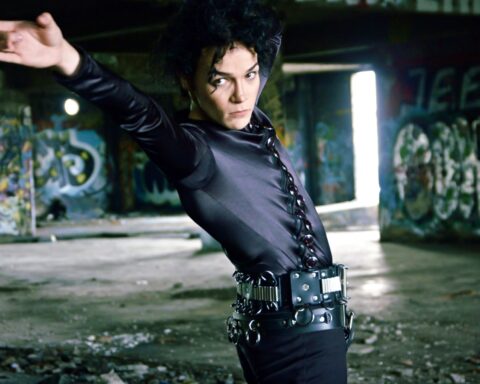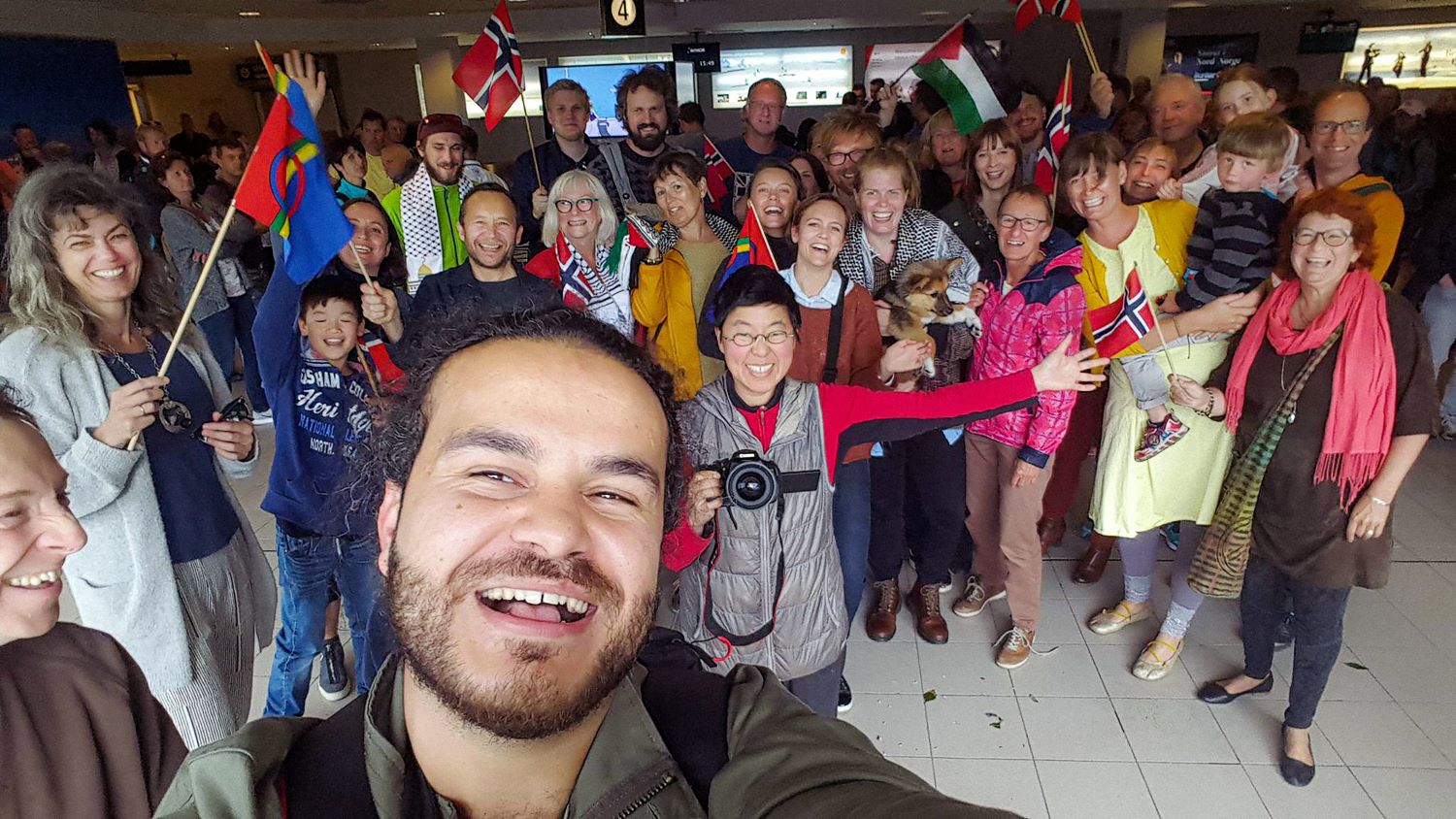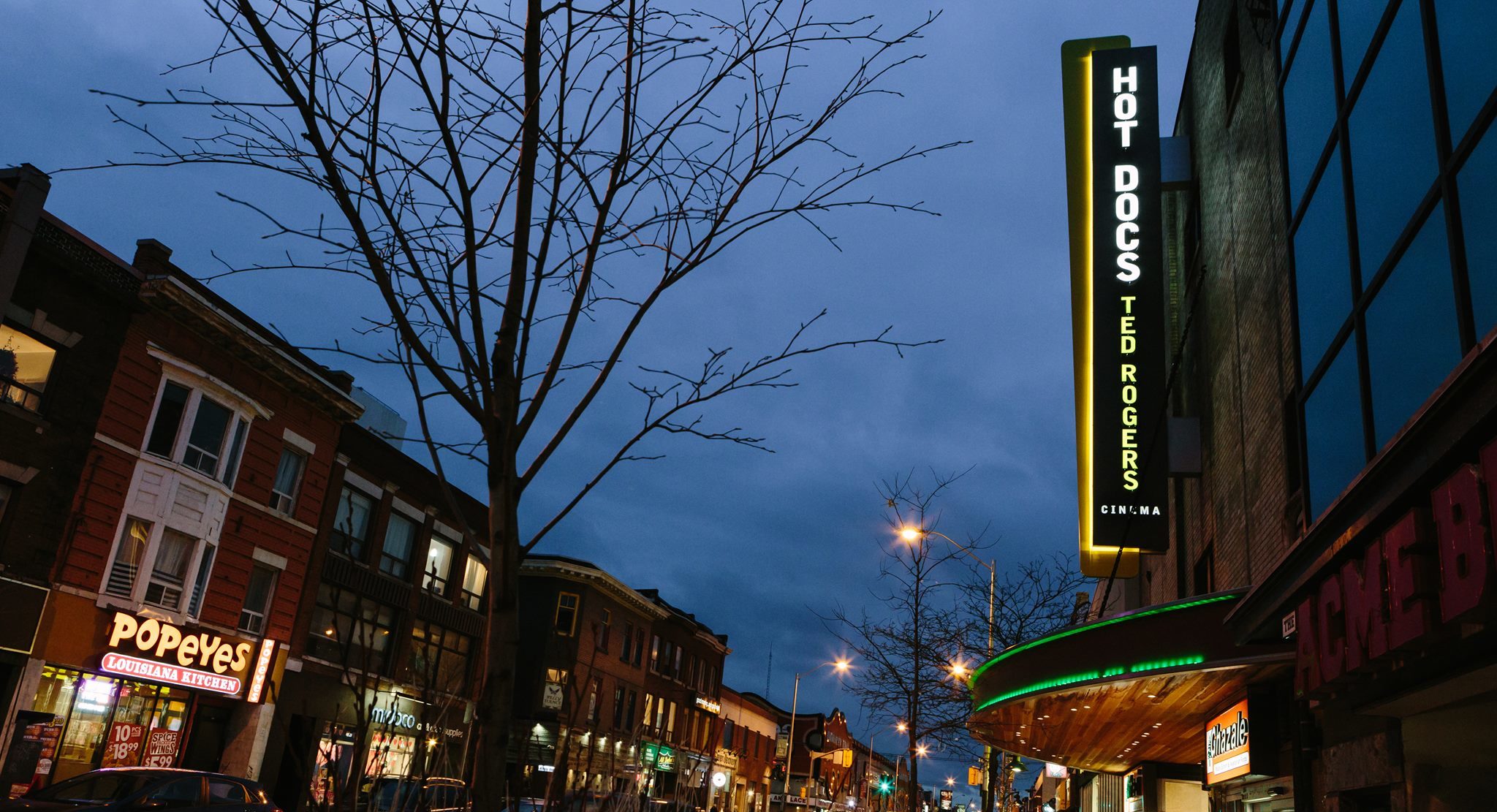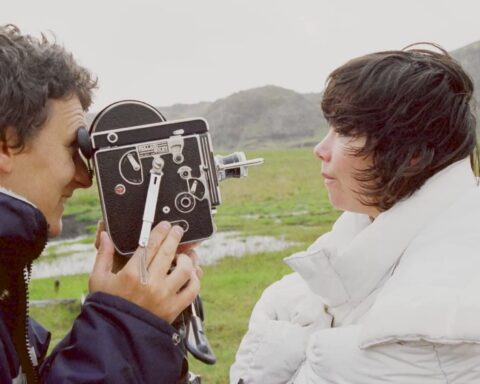My head nearly exploded recently when a colleague asked why I wasn’t writing anything about Hot Docs the situation. “Are you kidding?” I responded.
While I maintain that whoever put that idea in his mind was speaking in ignorance, it wasn’t the first query to reinforce the golden rule of film coverage in the digital age: whatever you do is never enough. So, in the spirit of clarity, here’s my point of view on the Hot Docs situation: it sucks.
To Recap
In short, for readers who haven’t been following the story, North America’s largest documentary festival finds itself embattled with financial woes, a programmer exodus, and allegations about a toxic workplace and bullying artistic director, all of which are tangled up in non-disclosure agreements that prevent anyone from talking about the situation or reporting on it in any meaningful, productive, or responsible way.
Then there’s the federal budget giving Hot Docs the cold shoulder while throwing a whack of cash at TIFF, which inspired a poor response from the festival. There are also public outcries regarding presenting sponsor Scotiabank’s investment in Elbit Systems, an Israeli arms company responsible for many tools used in the genocide in Gaza. On a related note, there’s also a faction flooding social media with a level of aggressiveness to rival To Leslie’s Oscar campaign, noting the lack of Palestinian films at the festival. That inspired a statement from the festival in which one could practically hear the exasperation of a team doing crisis management while trying to make everyone happy. (Nobody liked the response.)
And then there’s this week’s disastrous interview in The Globe and Mail that laid out the organization’s financial woes and didn’t inspire confidence. The easier question, simply, is what isn’t happening at Hot Docs?
The Scotiabank Problem
The festival received an additional challenge this week when jury member Inney Prakash withdrew his participation. He cited Hot Docs’ relationship with Scotiabank as a reason. Prakash’s statement echoed cries from groups that have been protesting Hot Docs’ relationship with Scotiabank, albeit he did it with far more nuance, and while actually educating people about the situation. He also cited failures to compensate participants giving their time to the festival’s activities and competition.
I was excited to be asked onto the @HotDocs jury early this year— my first in-person invite. At the risk of making it my last, I can’t allow myself to be used by an institution with contempt for labor and accommodations for genocide. Enough. Do better or we will do without you ❌ pic.twitter.com/4iKvK2XYLd
— Inney Prakash (@storebrandbrown) April 21, 2024
Moreover, while addressing the incongruity of a documentary festival benefitting from a bank that, essentially, funnels blood money it receives from an arms manufacturer into sponsorship, one must note that losing Scotiabank without a replacement sponsor could be a fatal blow. The festival simply isn’t in a position financially to take the moral high road.
Similarly, as noted, we’ve received queries about the absence of Palestinian films at the festival beyond one short and one feature. (But, as we’ve noted, Larry Weinstein’s Beethoven’s Nine deals with the Israel/Palestine situation too—it just isn’t in the programming notes.) Such omissions are admittedly curious for a documentary festival in this very moment, but they’re also consistent with the nature of Hot Docs’ programming. The festival offers political films yet remains relatively apolitical, as Ezra Winton notes in his assessment of the first 30 years’ of Hot Docs, aside from the occasional thematic strand that speaks to a moment, like last year’s Made in Ukraine spotlight and the Persister programme, which was introduced in the wake of #MeToo and was so popular it became a permanent strand. Maybe there’s an opportunity for money there: get political in the programming. If that doesn’t inspire sponsors, then at least Hot Docs put its platform to good use.
Programming Woes?
The absence of Berlin winner No Other Land doesn’t amount to a conspiracy or hidden agenda. As noted previously and reported to some of the faction questioning the film’s absence from the line-up, the producers confirmed to POV that they’re having a North American premiere during the fall festival circuit, which is more immediate to awards season. That strategy is consistent with docs that premiere to great acclaim in Europe rather than at Sundance. (See, for example, Orlando: My Political Biography, which went from Berlin to Telluride and TIFF.)
Moreover, in the absence of programmers or staff willing and able to speak on the record, there isn’t a story there as of yet. At the same time, not a single member of the online faction decrying the absence of No Other Land has asked why Hot Docs isn’t screening Dahomey, Mati Diop’s documentary that won the Golden Bear at Berlin. It’s the first film directed by a Black woman to win the top prize at one of the big three European film festivals (Cannes, Berlin, Venice). Make of that what you will. Not programming it is another cause for worry if Hot Docs can’t secure hot docs.
But for every No Other Land that isn’t at the festival, there’s a Norwegian Democrazy–made by the same producers, no less. Audiences can find provocative political documentaries that engage with the issues of today. Look for films like Yintah, Daughters, Any Other Way: The Jackie Shane Story, Never Look Away, An Unfinished Journey, XiXi, Beethoven’s Nine, Teaches of Peaches, or Okurimono: unique artistic works that are hallmarks of non-fiction. There’s a bit more fluff on the ticket this year, but even I have to admit my excitement for the cat movie. (And having seen it since drafting this op-ed, am quite surprised by its political agenda!)
Where Do We Go From Here?
Hot Docs seemingly stands at a precipice. It’s a travesty that the situation got out of control and that ten programmers resigned, and that financial security hinges on a bank that was literally founded by pirates. It’s distressing, but not unique that the festival is in a state of shaky finances. The combination of those two is especially bad because funding and quality programming form the bedrock of every good festival.
We’re facing a situation where everyone loses. Without Hot Docs, filmmakers and audiences would lose North America’s largest showcase for documentaries. Filmmakers could lose a substantial industry summit where significant deals, funding opportunities, and relationships are made. Subjects and stories worthy of a platform lose an opportunity for their voices to be heard. And the few critics who still cover festivals, especially the even smaller number of people who are willing to get out of bed and see movies in person, lose more work in a precarious field. So too do programmers and staffers whose sweat equity makes the event such a success.
Maybe one solution is for the Hot Docs team to recognize its asset in the old Bloor Cinema and sell it to a condo developer. That won’t make people happy, but at least the festival could rebuild, literally and figuratively.
If we’re asking where to go from here, the answer is: it’s complicated. If you want to stand with the programmers, go see the films they programmed. Attend screenings to support the filmmakers who chose Toronto because of its reputation for engaged audiences. Buy popcorn to support the festival, but pay cash to avoid giving transaction fees to Scotiabank. Attend a No Arms in the Arts event coinciding with Hot Docs, and encourage the campaigners to suggest viable alternatives for ditching Scotiabank. Make a donation to Hot Docs or become a member, and express your concerns while doing so. If you want Hot Docs to start being more political, go see the films that are more overtly political.
The best thing to do is to encourage Hot Docs to raise to the bar it set for itself. Don’t push for its immediate downfall. Get out to the festival so that it can come back better than ever next year.
***
For another take, read Marc Glassman’s introduction to this year’s Hot Docs coverage.





